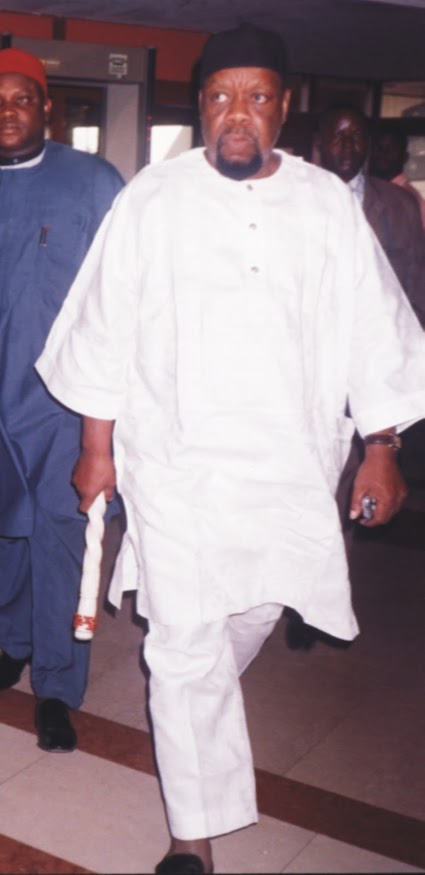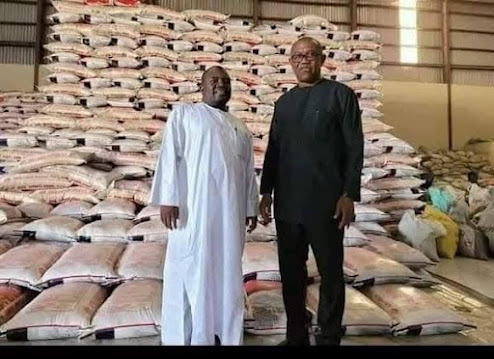By Dan Onwukwe
Political power is like a bikini. It reveals. It exposes a leader’s real character, no matter how he tries to hide it. That’s why what some politicians do when they are trying to get your vote is not necessarily what they do after they have it. This is what happens: when a President feels he has got enough power, when he thinks he can do without you anymore, that’s when you begin to see how he always wanted to treat people.
*TinubuMoreover, you can begin to see by watching what he does with the power he has desperately acquired and what he wanted to accomplish all along. That’s also why history sometimes provides a striking opportunity for understanding the interplay between leaders, circumstances, and the behaviour of some leaders who society once accorded recognition and respect.
















.jpeg)



